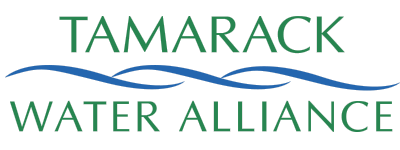EVENTS
Wednesday, March 11th, 2026, 10am CT
Zoom Community Meeting
Everyone Cares About Light Pollution - They Just Don't Know It Yet
by Todd Burlet, Starry Skies North, President
 Todd Burlet, Starry Skies North, President will speak on Everyone Cares About Light Pollution - They Just Don't Know It Yet.
Learn about the myriad of ways light pollution impacts everyone and everything - from amphibians and budgets to walleyes and ZZZs.
You'll learn the compelling reasons why everyone cares about light pollution, even if they don't know that they care ... yet.
Then learn the simple things we can do in our homes and communities to drive real change and create win-win solutions where everyone - and everything - comes out ahead.
Todd Burlet, Starry Skies North, President will speak on Everyone Cares About Light Pollution - They Just Don't Know It Yet.
Learn about the myriad of ways light pollution impacts everyone and everything - from amphibians and budgets to walleyes and ZZZs.
You'll learn the compelling reasons why everyone cares about light pollution, even if they don't know that they care ... yet.
Then learn the simple things we can do in our homes and communities to drive real change and create win-win solutions where everyone - and everything - comes out ahead.
Todd Burlet is a Delegate of DarkSky International and is a Co-Founder, Board Member, and President of Starry Skies North. Todd is a retired Staff Engineer and Engineering Manager whose 37-year career in the aerospace industry spanned commercial, military, and space programs. He holds a BA in Physics from St. Olaf College, is a lifelong amateur astronomer and photographer, and when he’s not advocating for dark skies he enjoys canoeing, biking, and scuba diving.
Register for the meeting to receive the Zoom link at https://tamarackwateralliance.org/php/eventreg.php?eid=16 or Contact Us.

